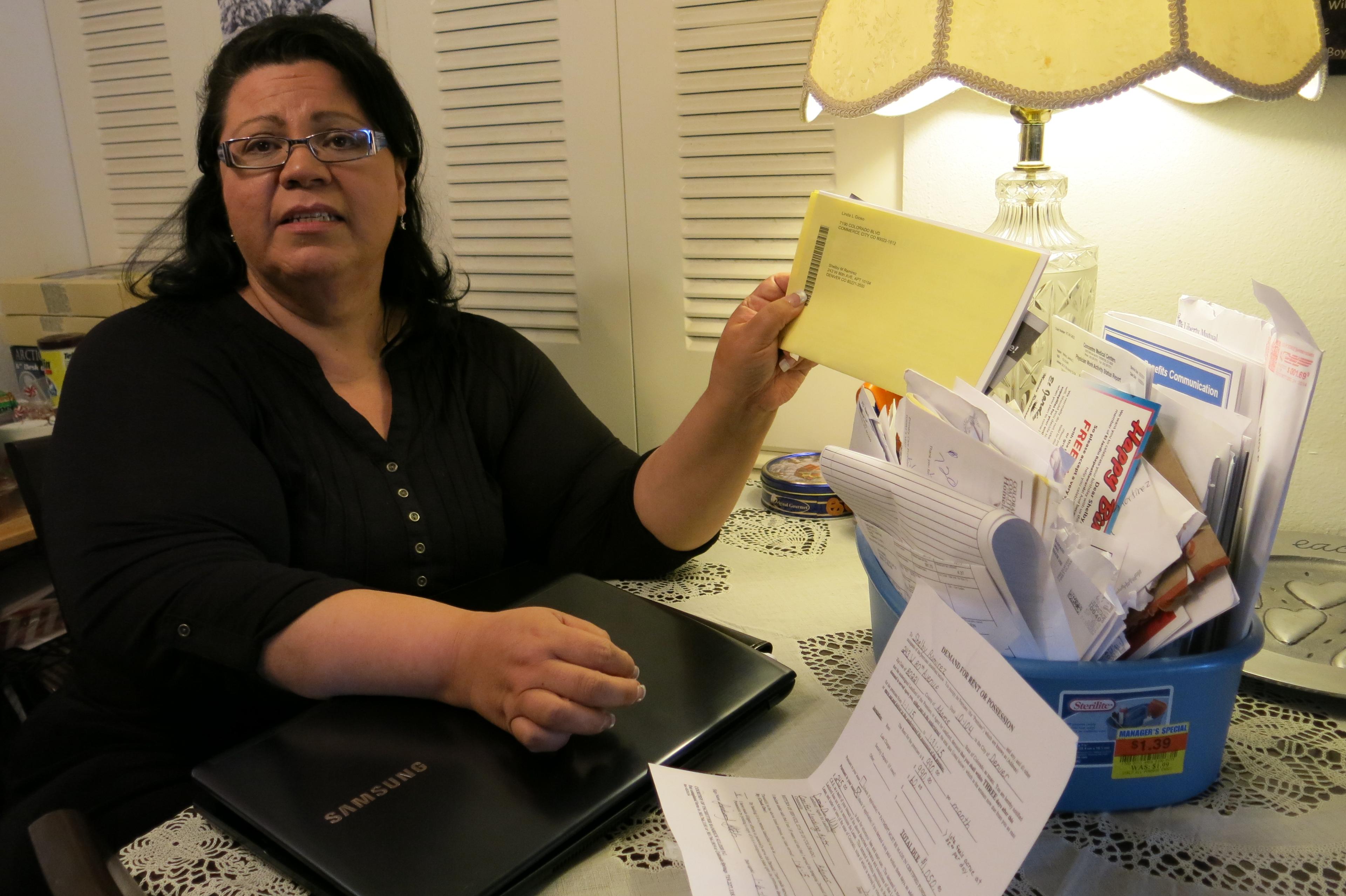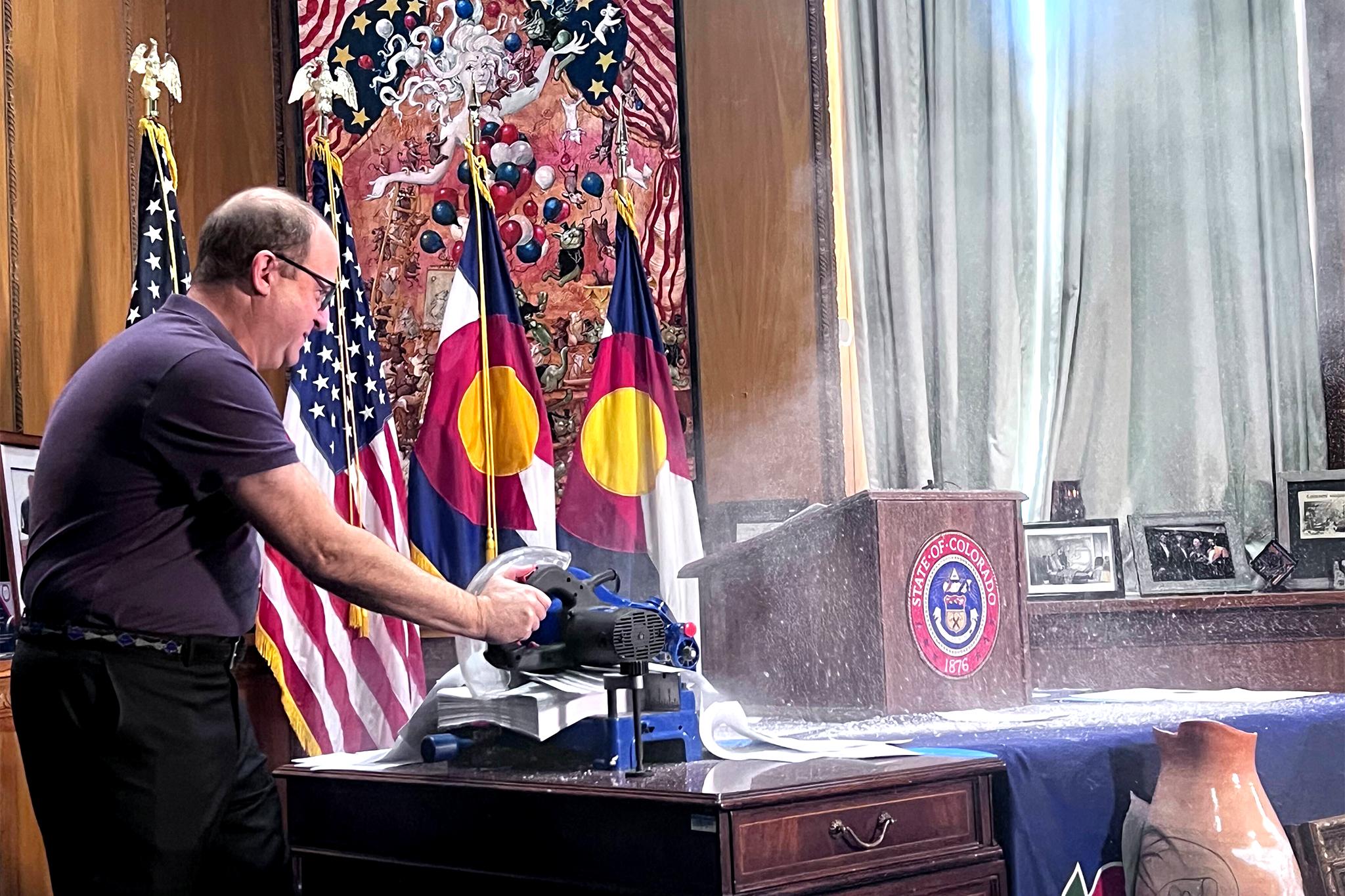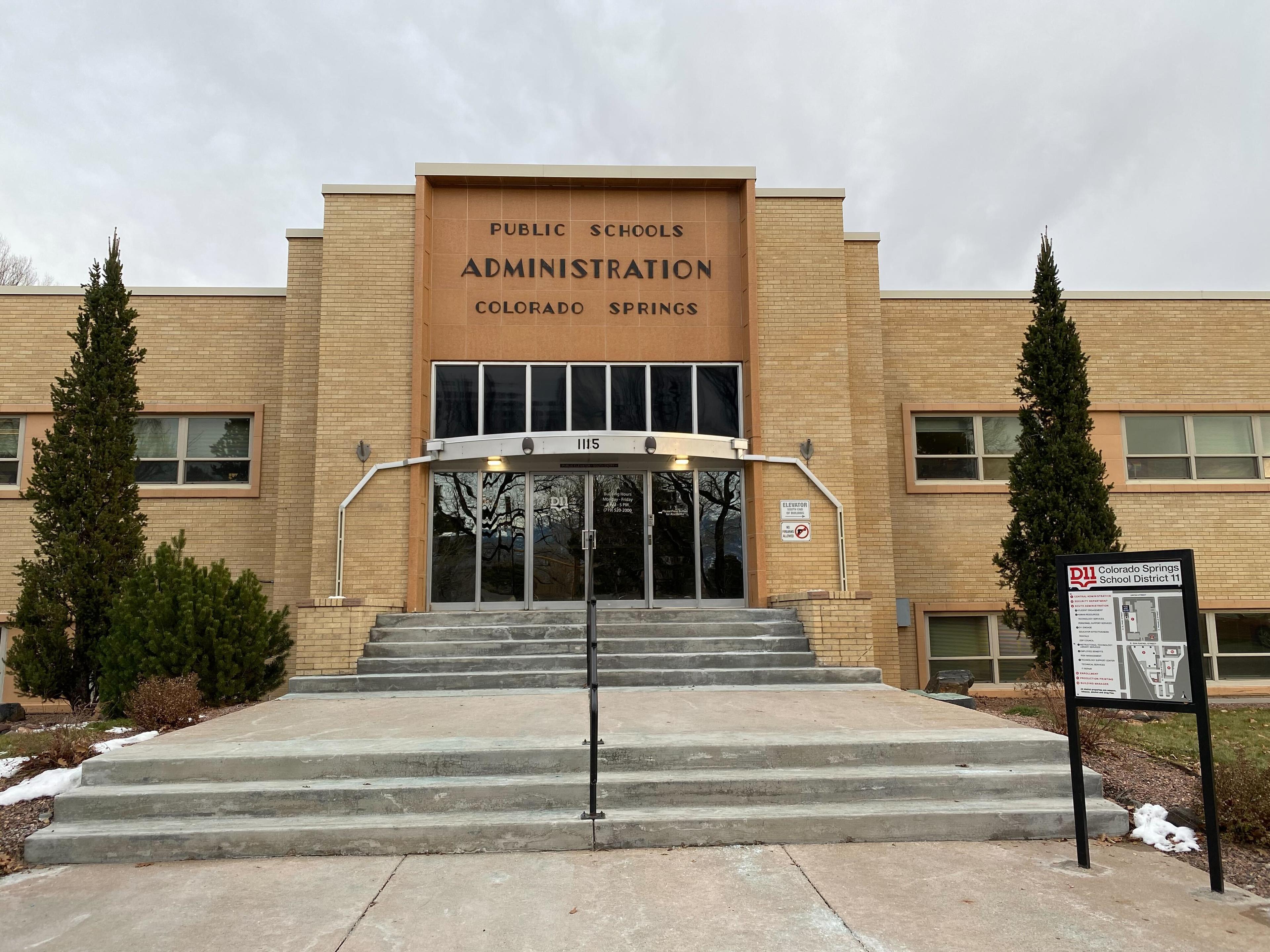
A national dark-money nonprofit will spend $500,000 on a ballot initiative to create a paid family leave program for Colorado workers, organizers announced on Wednesday. Their real goal, though, is to pressure lawmakers to pass it first.
Family leave is one of the most controversial topics at the Colorado legislature this year, even among Democrats. Liberal lawmakers aim to create a new state-run program that would reimburse a portion of workers’ wages for several weeks when they're out bonding with a new child or dealing with a medical issue in the family.
But the bill hasn’t materialized yet, and the party’s support hasn’t gelled around the idea -- in part because Gov. Jared Polis has raised concerns about the state-run model.
This week, the situation got more complicated. A separate campaign, Colorado Families First, filed language to potentially put a similar proposal on the ballot in the November election.
The goal is to give voters a final say if lawmakers don’t take action, said Lynea Hansen, a political consultant working with the new campaign.
“So if the legislature can’t get it done, we are ready to,” she said. The measure is also backed by the Rev. Timothy Tyler and Wendy Howell, both of whom are associated with the progressive Colorado Working Families Party.
The supporters described paid family leave as a way to allow millions of workers to care for themselves or family members without sacrificing their jobs.
Hansen said her group doesn’t want to “become a distraction” for lawmakers, but that they had to file paperwork now to ensure they have enough time to make the November ballot if necessary.
In an interview, one of the legislature's leading advocates for a state-run family leave program, Democratic Sen. Faith Winter of Westminster, welcomed the new campaign.
"I'm optimistic that there is a legislative solution, but everyone is always happy to have a Plan B," she said. Winter expects the legislative bill to debut in the next few weeks.
Who's behind the initiative push?
Colorado Families First already has some serious money backing it.
It “expects” to receive $500,000 from the Sixteen Thirty Fund, a liberal nonprofit that previously spent more than $10 million to support ballot measure campaigns and Democratic candidates in Colorado in 2018, according to finance records. Representatives of the Fund didn’t immediately respond to a request for comment.
The group previously squared off against the oil-and-gas industry in Colorado, spending $3.5 million to defeat Amendment 74. As a 501(c)(4) nonprofit, Sixteen Thirty doesn’t have to fully disclose its donors.
How would it work?
While Colorado Families First only intends to put one measure on the ballot, the group filed wording for two different versions with the Secretary of State on Tuesday afternoon. The measures are similar in structure to the expected Democratic bill, though some details could differ.
The two versions would offer different levels of benefits and come with different costs. That will allow the supporters to see which one is more popular with voters and, if necessary, run that one in the election.
- The first version would offer up to 12 weeks of paid leave. The fee per employee would be 0.88 percent of their wages, with the cost split equally between the worker and the employer. Some private plans would still be allowed. In the initial years, the maximum benefit would be $1,100 per week, depending on the employee’s income. Businesses with fewer than 10 employees would be exempt.
- The other initiative would offer 16 weeks of leave, or 24 weeks if there are multiple family events. The premiums would be 1.04% of each employee’s wages, with employers paying 75% of that cost. The initial maximum weekly benefit would be $1,100, depending on income. All businesses would have to pay the premium, and no private plans would be allowed.
Both initiatives would be more costly and provide more benefits than a previous Democratic proposal for paid family leave.
Lawmakers at the Capitol must finish up all their legislation by May. At the same time, the ballot supporters will be seeking approval for the language of their initiatives.
They’re likely to face a legal battle over whether the funding mechanism is a tax or a fee, as defined by the Taxpayer’s Bill of Rights, which could have major implications for the viability of their effort. After that, they'd have to gather tens of thousands of signatures to qualify for the ballot.
What would it cost?
The various proposals face opposition from some business groups. The Denver Metro Chamber of Commerce said on Wednesday that it supported the idea of “employers providing paid leave,” but decried a “$2 billion tax increase to fund a state startup” as “inefficient, risky and ineffective.”
“It’s shocking that we’re discussing a government expansion of this size when our state isn’t delivering on the current things we’ve been promised, like safe roads and bridges and schools that can afford to operate five days a week,” said Kelly Brough, chamber president, in a written statement.
An actuarial study estimated that a state-run leave program could cost between $1.16 billion and $2.3 billion in 2024, depending on the scale of the benefits.
Hansen contested the idea that the proposed program would be funded by a tax increase, describing it instead as fees or deductions from payrolls, since the money would be tied to a specific program. The question is likely to end up before the Colorado Supreme Court, she acknowledged.
Brough said her group would work with legislators on a different solution, but did not detail any ideas.








